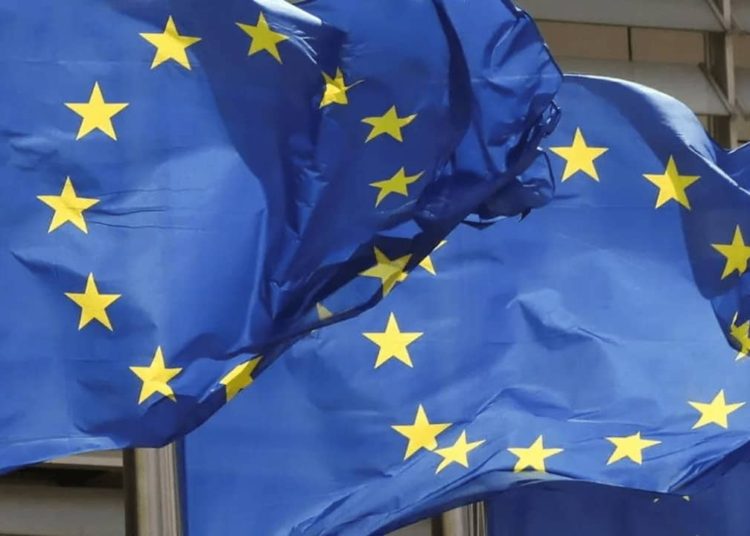Last year, the European Union unanimously voted for the Markets in Crypto Assets (MiCA) bill, considered by most to be the first comprehensive piece of legislation addressing the crypto industry as a whole.
MiCA is, in itself, part of a larger set of financial laws known as DORA – but it has also given many crypto companies a reason to consider moving the bulk of their operations across the ocean.
Several Adjustments to The Bill
Although MiCA was published back in June 2023, there have already been two consultation sessions regarding the bill – with another due in April – before the first part of the legislation goes into effect in June 2024. The other provisions are expected to come into effect in December 2024.
🔴 #ESMA publishes 2⃣ Consultations Papers on guidelines under Markets in Crypto Assets Regulation #MiCA:
📣 on reverse solicitation
📣 on the classification of crypto-assets as financial instruments🗓️ Send your comments by 29 April 2024https://t.co/PEosx4t3UO pic.twitter.com/v31nWMUEcu
— ESMA – EU Securities Markets Regulator 🇪🇺 (@ESMAComms) January 29, 2024
The proposed exceptions would allow European customers more freedom while still protecting those less tech-savvy.
Allowing “Reverse Solicitation”
The paper submitted by the European Securities and Markets Authority (ESMA) has taken into consideration prior feedback regarding companies operating outside the EU and has decided to make exceptions for them when necessary.
Whereas previously, the authority intended to bar non-EU companies from offering crypto assets and services to EU citizens, the new provision will allow them to do so if reverse solicitation – meaning an EU citizen explicitly requests either of these to a provider – occurs.
This would allow experienced crypto investors looking for niche offerings more ability to invest legally while also protecting inexperienced investors from the possible consequences of dealing with businesses where legal recourse may be more difficult.
“ESMA previously underlined that the provision of crypto-asset services or activities by a third-country firm is strictly limited under MiCA to cases where such service is initiated at the own exclusive initiative of a client. This exemption should be understood as very narrowly framed […] and it cannot be assumed, nor exploited to circumvent MiCA. ESMA, and national competent authorities, through their supervisory and enforcement powers, will take all necessary measures to actively protect EU-based investors and MiCA-compliant crypto-asset service providers from undue incursions.”
The ESMA recommends that investors read the document and submit any requests regarding it by the 29th of April, when regulators will discuss it.
The regulator is also requesting feedback on the possible qualification of crypto assets as financial instruments – defined as a monetary contract. Should a crypto asset qualify as a monetary contract, it would no longer be subject to MiCA, instead falling under the regulatory purview of another bill known as MiFID II.
Binance Free $100 (Exclusive): Use this link to register and receive $100 free and 10% off fees on Binance Futures first month (terms).
Credit: Source link












































